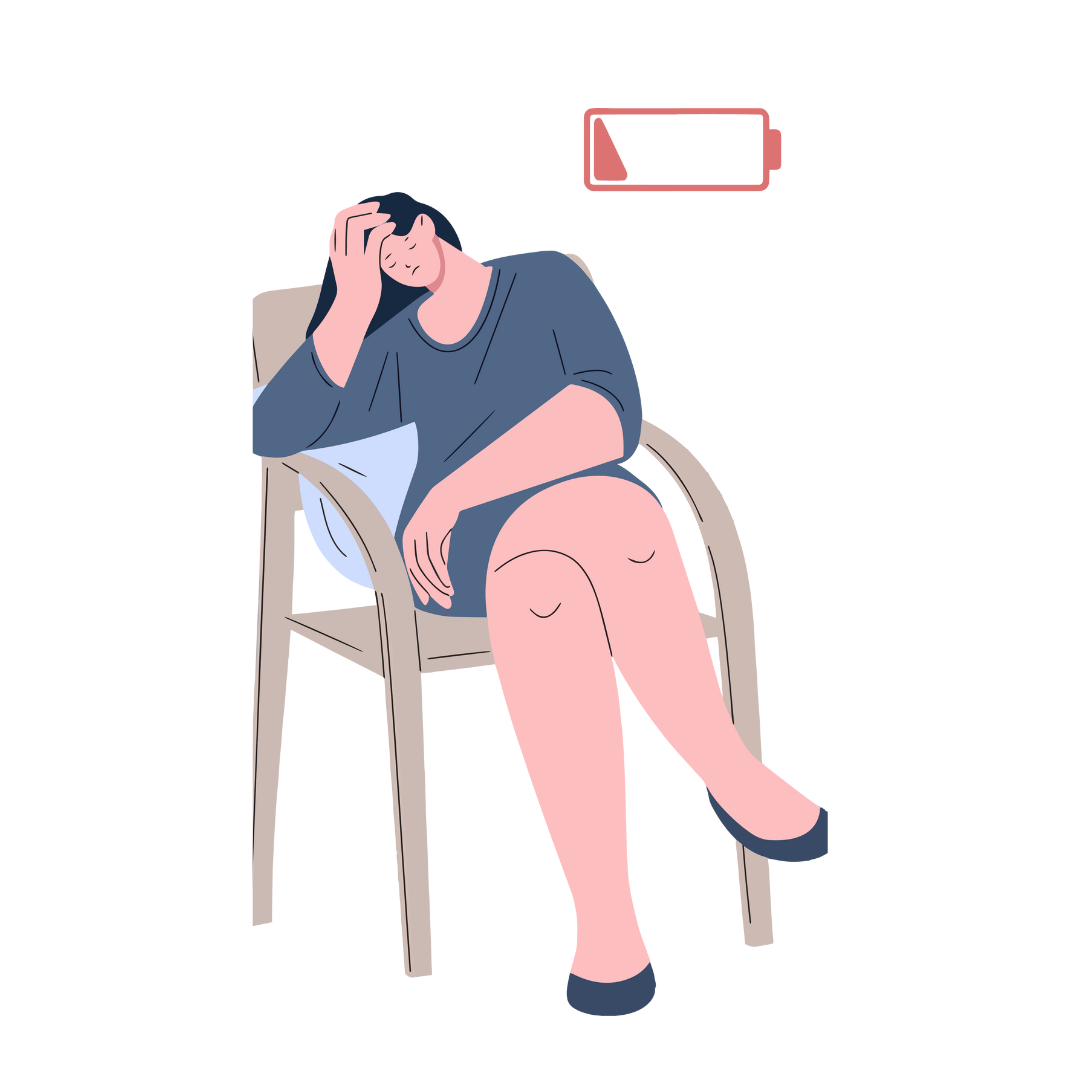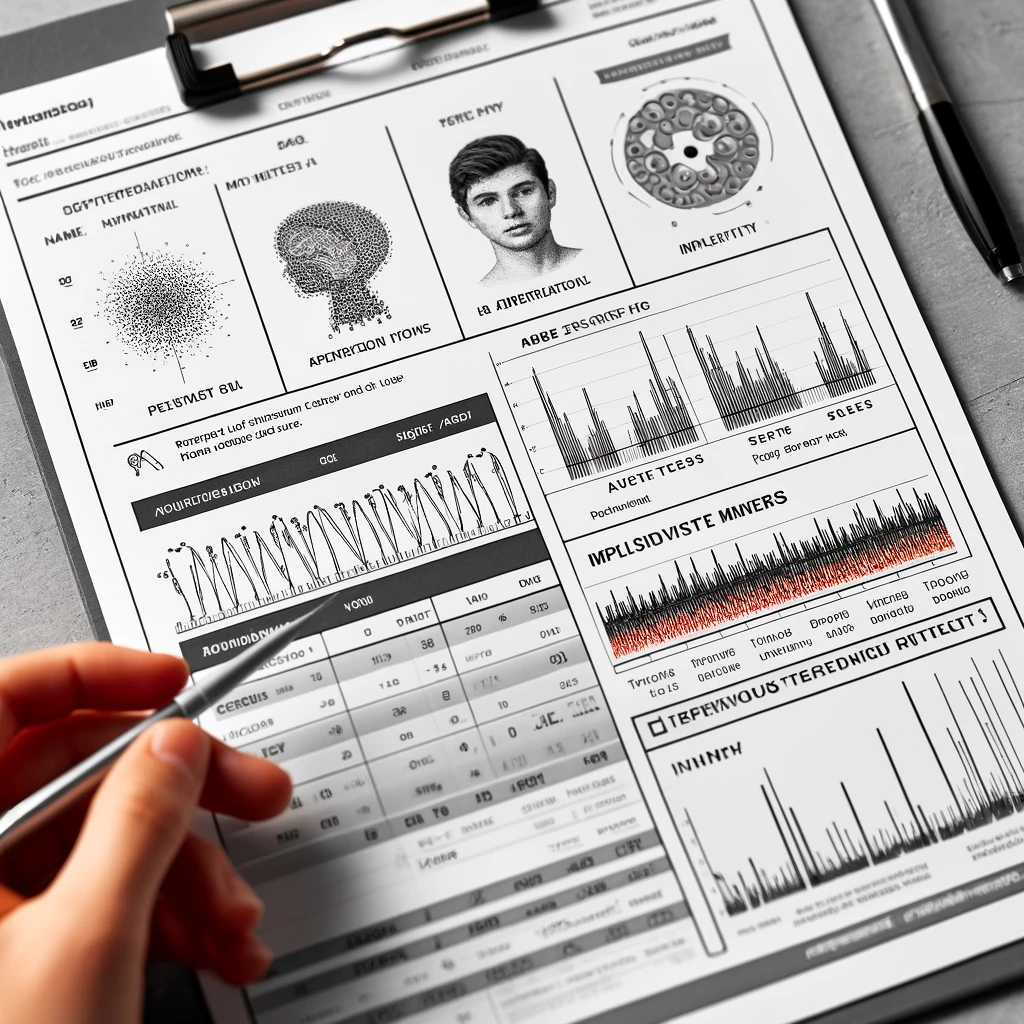Can ADHD Medication Reduce Compulsive Behaviors? A New Study Brings Hope
What are Compulsive Behaviors, and What do they have to do with ADHD?

If you’ve ever felt like your ADHD is driving more than just distractibility—maybe it’s also fueling behaviors like endless scrolling, impulse shopping, overeating, or even risky relationships—you’re not alone. These challenges, known as behavioral addictions (BAs), are common for adults with ADHD. They’re more than just “bad habits”—compulsive behaviors that can impact your relationships, finances, and emotional health.
Compulsive behaviors are common in individuals with ADHD, and they often stem from the condition's underlying challenges with impulse control and emotional regulation. Let’s break this down further to understand why this happens and how it can manifest.
For women, we know that these behaviors may fluctuate with hormone levels. At different times in your cycle these behaviors may be more or less prominent. And recent research even suggests that women may be more prone to risky or impulsive behaviors.
Why ADHD Can Lead to Compulsive Behaviors
ADHD affects executive functions like self-regulation, planning, and decision-making. When stressed or imbalanced, the ADHD brain may lead to:
- Impulsivity: Acting without considering consequences, such as overspending or overeating.
- Difficulty with Delayed Gratification: Seeking instant rewards, like shopping for quick satisfaction despite future financial stress.
- Emotional Dysregulation: Intense emotions can drive impulsive coping behaviors, such as binge eating during stress or boredom.
- Dopamine-Seeking and Hyperfocus: ADHD brains crave quick dopamine hits, making it hard to stop binge-watching, gaming, or scrolling social media.
But here’s the good news: a new study suggests that ADHD medication might help.
Why This Research Matters
Behavioral addictions often appear alongside ADHD (a situation called comorbidity). Managing ADHD is hard enough on its own, but adding BAs to the mix can make everyday life feel even more overwhelming. And while ADHD medications like methylphenidate (commonly known by brand names like Ritalin or Concerta) are well-known for improving focus and attention, researchers have only recently begun exploring their potential to help with these addictive behaviors.
This study could change how we approach ADHD treatment—especially for women, who are often underdiagnosed and may face unique struggles with both ADHD and behavioral addictions.
The Study: What You Need to Know about ADHD and Compulsive Behavior
Published in the Journal of Behavioral Addictions, this year-long study followed 37 adults with ADHD who were treated with flexible doses of methylphenidate. Here’s what the researchers discovered:
- Significant Improvements in Several Addictions
- Internet addiction showed the most considerable improvement (p < 0.001—meaning this result is highly significant).
- Other addictions, like shopping, food, and sex, also decreased.
- Gambling addiction didn’t change, but most participants didn’t have serious gambling issues to begin with.
- Fewer Behavioral Addictions Overall The percentage of people struggling with at least one behavioral addiction dropped from 51.4% to 35.1% after a year of treatment.
- Improved Mental Health Reductions in internet addiction were closely linked to better focus, less sluggishness (difficulty staying alert or energized), and fewer mood or anxiety symptoms.
What This Means for You
If you’ve been battling both ADHD and behavioral addictions, this research offers hope. It suggests that ADHD medication might do more than help you stay on task—it could also help you break free from compulsive behaviors that feel out of control.
What You Can Do
1. Talk to Your Healthcare Provider
This is a great conversation starter if you’re already on medication or considering it. Ask whether methylphenidate or other ADHD treatments might help with the behavioral challenges you’re facing.
2. Track Your Progress
Pay attention to how your symptoms evolve. Are you spending less time scrolling or feeling more in control when shopping? Keeping a journal or using an app can help you notice patterns and share them with your doctor.
3. Take a Holistic Approach
Medication is just one piece of the puzzle. Therapy (like neurodivergent affirming CBT or DBT), support groups, and lifestyle changes—such as consistent sleep, exercise, and mindful routines—can all work together to help you regain balance.
How to Advocate for Yourself
Explain the Full Picture
When talking to your healthcare provider, describe how behavioral addictions impact your life. For example: “My online shopping is causing financial stress” or “I can’t stop binge-eating when I’m overwhelmed.” Connecting these behaviors to ADHD may help your doctor better understand your needs.
Ask for Comprehensive Care
Medication can help, but so can therapy and practical strategies. Don’t hesitate to ask for a well-rounded treatment plan that supports both your ADHD and struggles with shopping scrolling or other compulsive behaviors.
Why Researchers Are Excited
This study is just the beginning. The authors recommend more extensive studies to confirm these findings and explore how therapy and lifestyle changes interact with medication.
The Takeaway: Medication helps ADHD Compulsive Behaviors
This research highlights something important: ADHD medication may help with more than focus—it could also address the compulsive behaviors that many adults with ADHD struggle with. According to this new study, shopping, scrolling, and binge eating are alleviated for many by methylphenidate. If this sounds like your story, you’re not alone, and there’s hope. With the proper support, you can find a treatment plan that works for you—not just for your ADHD, but for the life you want to build.
Remember, change takes time, but every step forward counts. Today could be your starting point.
Halbe, E., Heger, A.S., Kolf, F. et al. Sex differences in physiological correlates of affectively driven decision-making behavior in adult ADHD. BMC Psychiatry 24, 602 (2024). https://doi.org/10.1186/s12888-024-06040-3
Grassi G, Moradei C, Cecchelli C. Long-term changes on behavioral addictions symptoms among adults with attention deficit hyperactivity disorder treated with methylphenidate. J Behav Addict. 2024 Nov 14. doi: 10.1556/2006.2024.00060. Epub ahead of print. PMID: 39540888.



